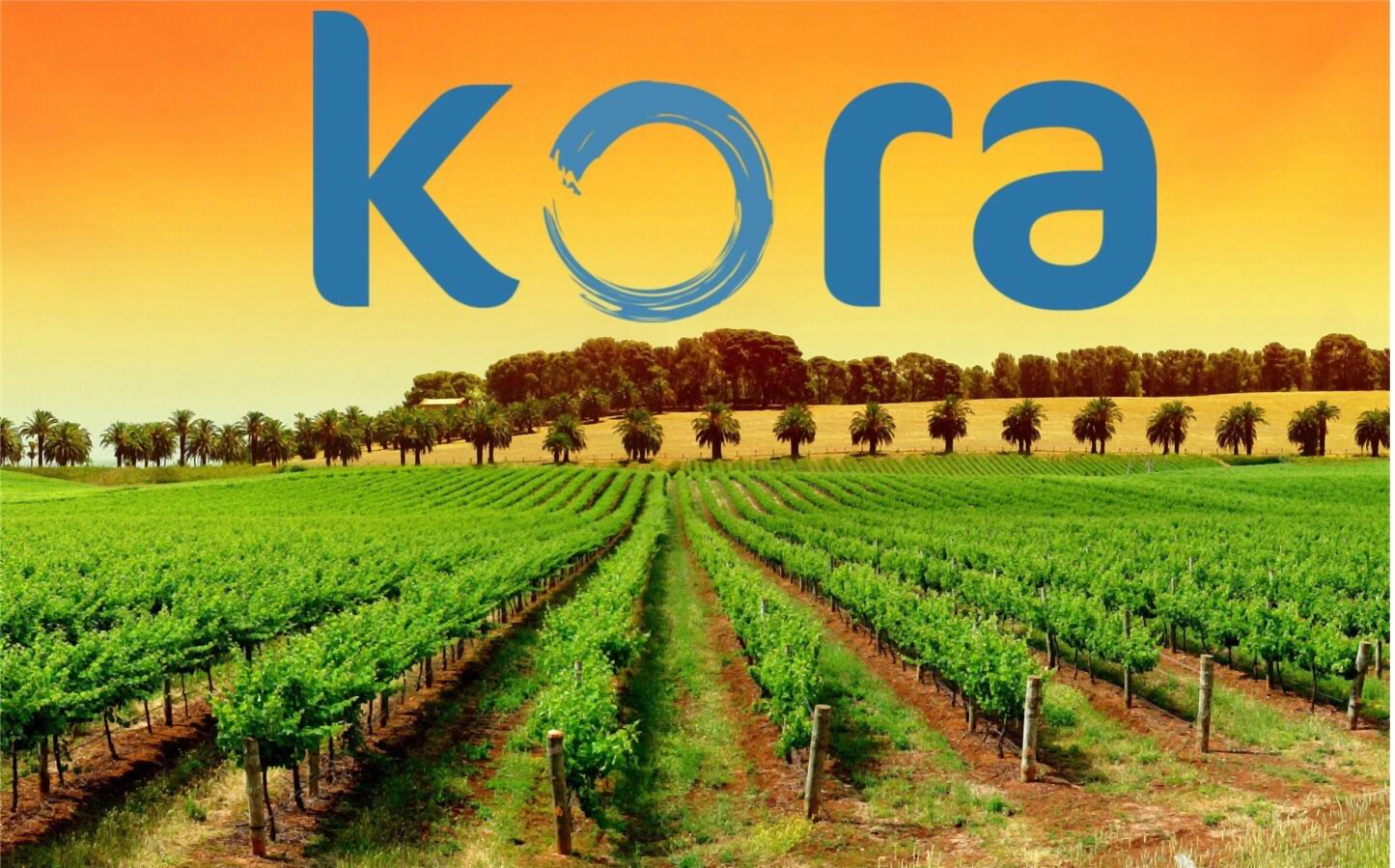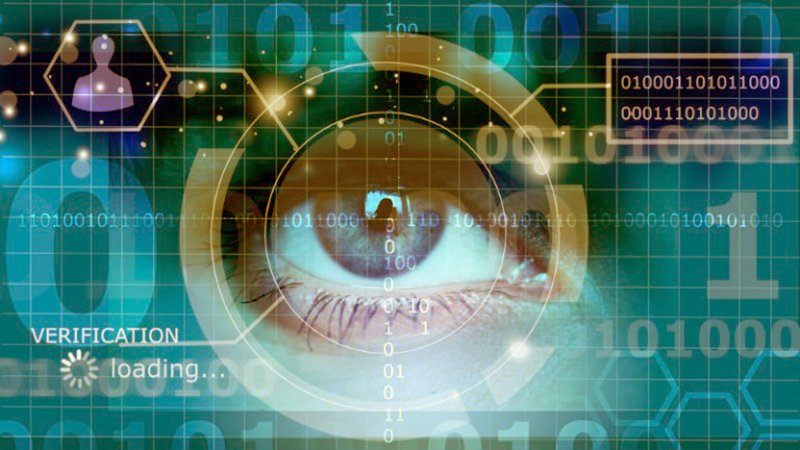Guest Post by Lee Baker
I have these past months been busy ‘re-inventing democracy’ with a group of inspiring people interested in changing themselves and society.
I had been thinking that we would come up with a project that might show how, in a small way, democracy could be improved. To signpost how we might move from an egoistic, identity-based, enemy-blaming and hero-worshipping, divisive ‘democracy,’ to something that allows us to move from the ‘me’ to the ‘we’ and to see the whole.
We were taking the M.I.T ‘Ulab’ course together, to get away from trying to ‘solve’ the problems of democracy by thinking and use our senses to try to discover what needs to emerge. We ourselves, despite our firm intentions, cannot simply cast off thoughts of the ‘they’ that think differently, the ‘he’ or ‘she’ who threatens us and all the rest. I was stepping out of my comfort zone and in this group using mindfulness practice, emotions and ‘body work’ to get out of my head. My intention was to create, with others, something to help reinvent democracy.
Body work exercise done by Ulab group Kings CrossI discovered today that after a process at turns exhilarating and maddening, strange and wonderful, that whilst we as a group may have no ‘prototype’ or ‘pilot project,’ we have quietly but surely shown a path to a new way of being together in a democracy. We are different voices, from bold experimenters in the corporate world to the soulful and meditative; creative and scientific; grassroots and in government. We have shown that doubt and not-knowing about our place or our purpose in a community and the resulting unease or even conflict can be productive forces that need not be barriers to coming into relationship.
Ulab group at Kings cross doing a dotcracy exercise, for a social theater about democracy, on the aftermath of Trump’s election.Our Ulab group at the King’s Cross Impact Hub
The members of our group each have individual projects that include how alternative communities can avoid disruptive power-struggles and how a political party can avoid cliques and hierarchy and still be a contender for power. A vital ingredient in all such plans I feel is creating spaces to allow each of us as ‘political animals,’ as members of a democracy, to express who we are so that we can be with others. When people feel threatened or ridiculed and powerless and disconnected – Remainers and Leavers alike – we become resentful and we lash out to re-assert the ‘me’.
We have prototyped this in a small way, shown how entrepreneurs and the spiritual, the young and the older, people of different backgrounds and from Asia to the Americas, can form a strong community in which difference is encouraged. We need to make our work creating more spaces like this. Not spaces that are about reducing difference, political movements based on how similarly right we all are in this room and how wrong others are.
What these spaces look like concretely we are still working on. But we feel they must be inviting spaces of diversity that allow everybody to be themselves and tap into their powers within. And they must be playful if we are to find the humanity we all share. The prize, I think, is that to ‘be political’ you don’t share mocking memes nor berate the ‘them’ for some dark conspiracy.
To be political you know how to sit down and form solidarity with those from different tribes and none. You laugh together, not at each other and find common ground. And you work together. Now that is the start of something that would really scare the powers-that-be.

IntelligentHQ Your New Business Network.
IntelligentHQ is a Business network and an expert source for finance, capital markets and intelligence for thousands of global business professionals, startups, and companies.
We exist at the point of intersection between technology, social media, finance and innovation.
IntelligentHQ leverages innovation and scale of social digital technology, analytics, news and distribution to create an unparalleled, full digital medium and social business network spectrum.
IntelligentHQ is working hard, to become a trusted, and indispensable source of business news and analytics, within financial services and its associated supply chains and ecosystems.




























